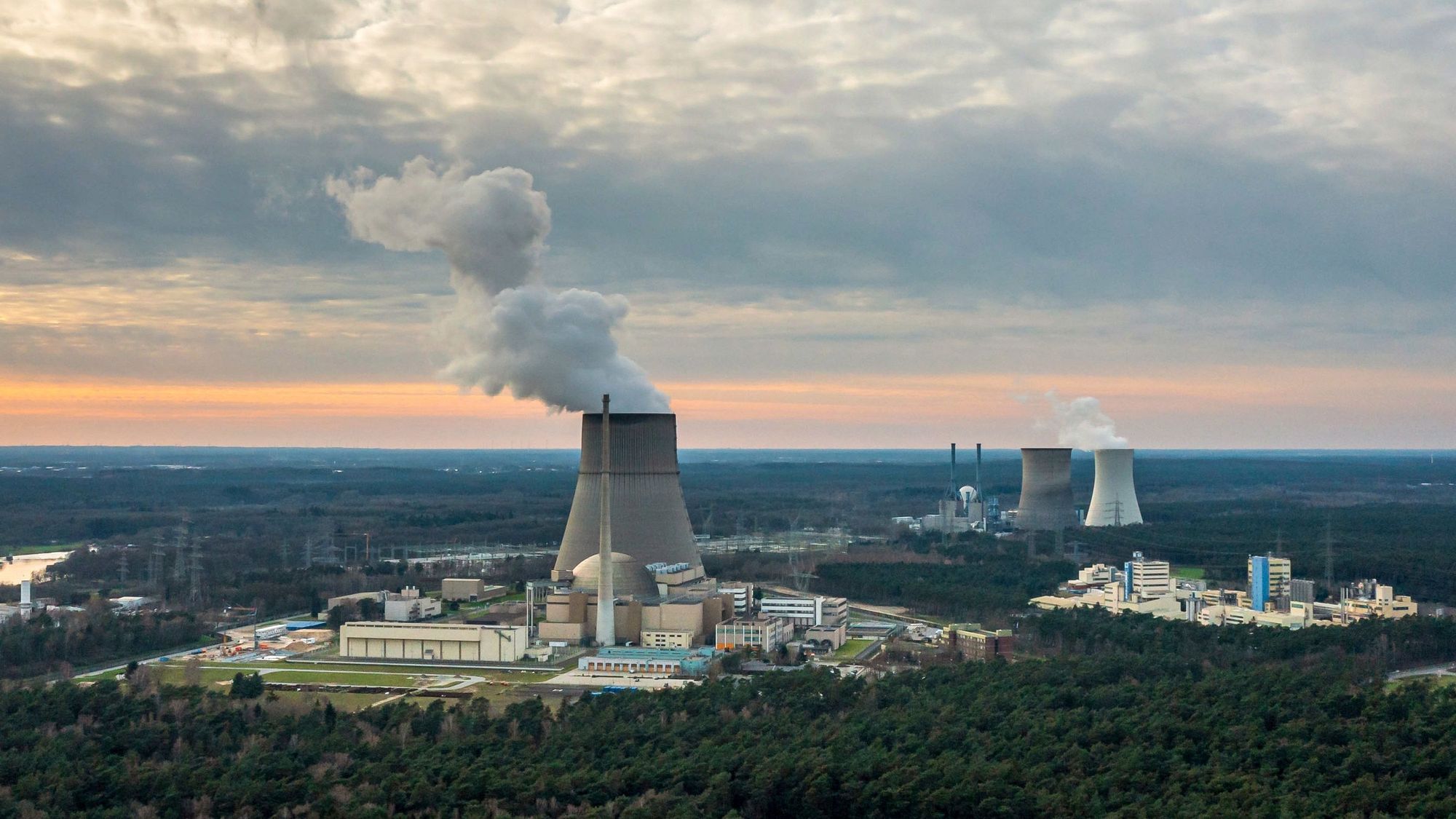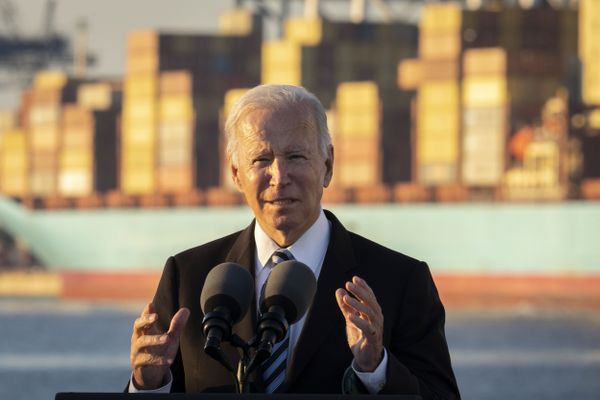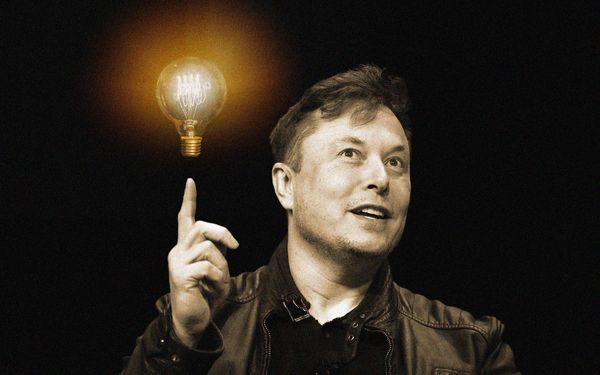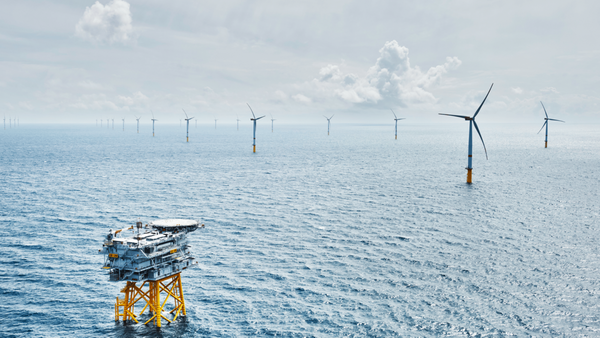Germany has taken a significant step in its transition to a greener future, permanently shutting down its last three nuclear power stations at midnight on Saturday.
- The move is part of the country's ambitious plan to achieve fully-renewable electricity generation by 2035.
Zoom In: The decision to bid adieu to nuclear power was made in the wake of Japan's 2011 Fukushima disaster, which sent radiation spewing into the air and alarmed the world.
- This commitment to a nuclear-free future was briefly postponed last summer, as Germany halted Russian fossil fuel imports following Moscow's invasion of Ukraine. However, Germany is now confident in its gas supplies and the continued expansion of renewable energy sources.
Quick Stats: Nuclear power accounted for a mere 6% of Germany's energy production last year, with renewables taking the lead at 44%.
- Interestingly, a recent Forsa Institute survey revealed that two-thirds of Germans would prefer extending the lifespan of reactors or reconnecting old plants to the grid. Only 28% support the phase-out.
What Lies Ahead: One of Germany's most pressing challenges is finding a permanent repository for approximately 1,900 highly radioactive nuclear waste casks by 2031. Furthermore, safety concerns persist, as neighboring countries like France and Switzerland still heavily rely on nuclear power.








